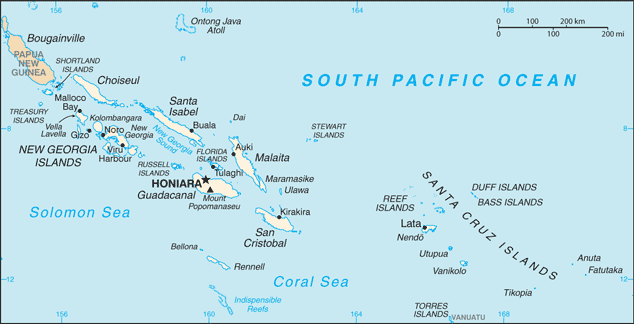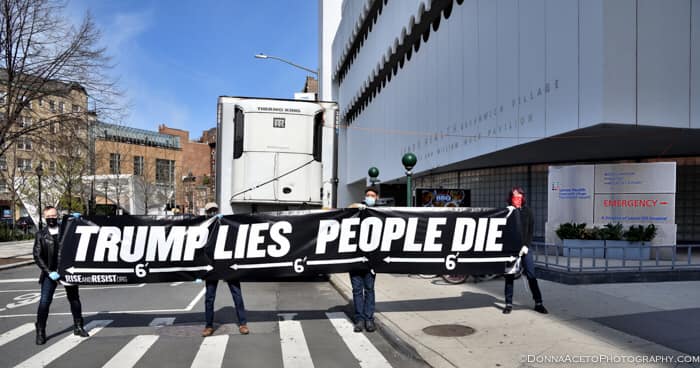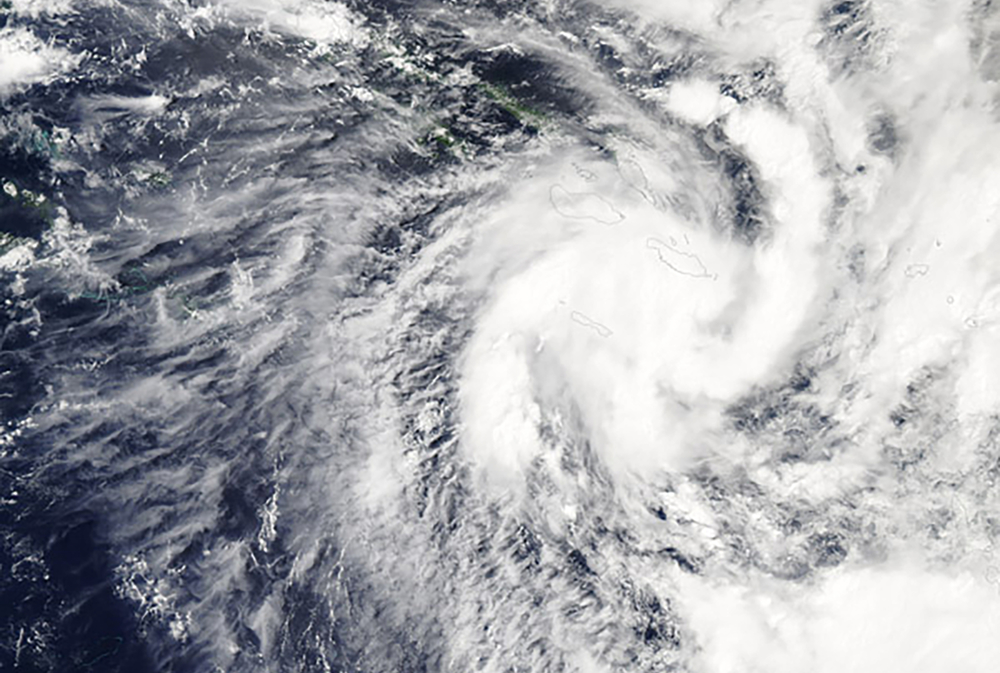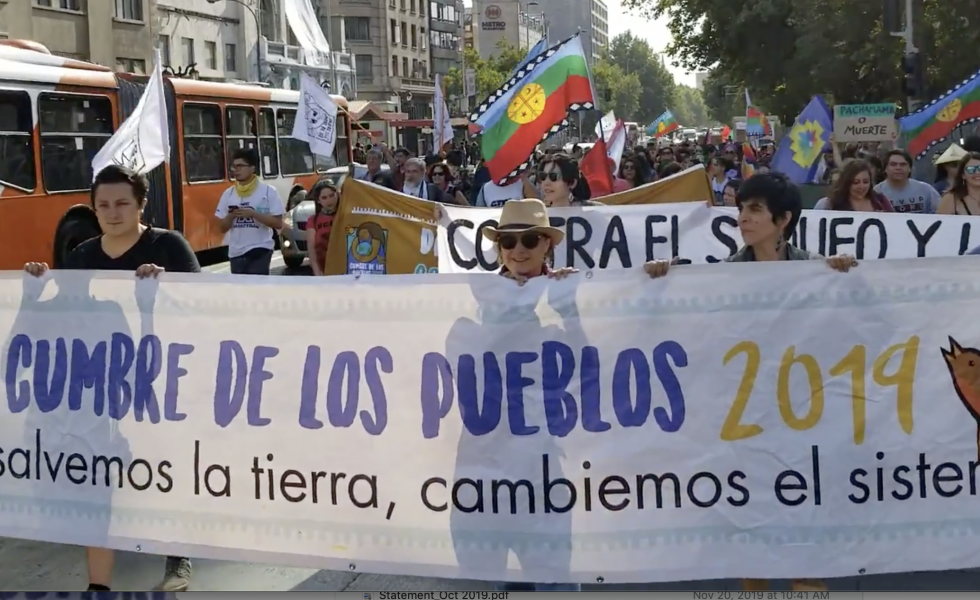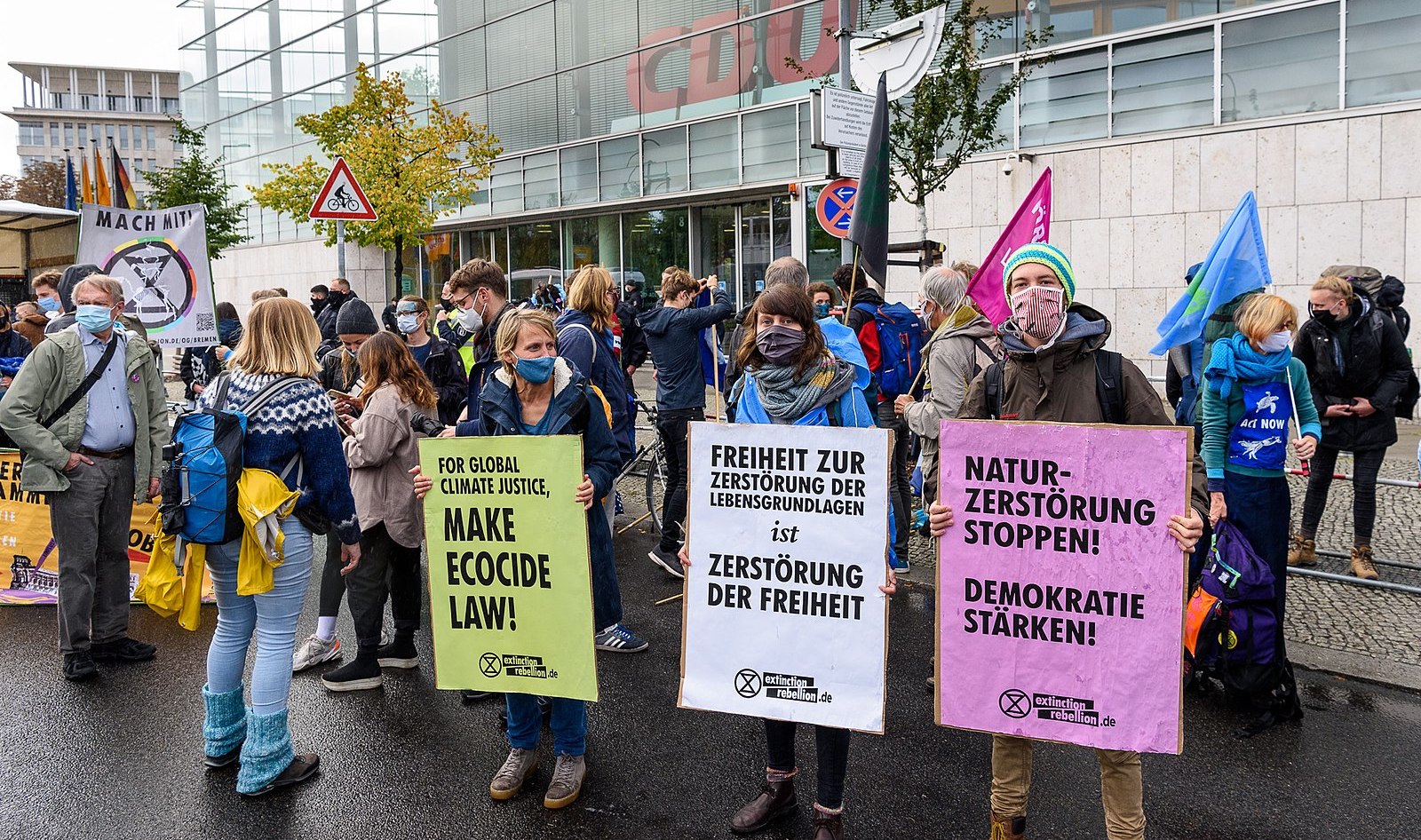
Progress on making ecocide an international crime
Three Pacific island nations have proposed that ecocide become a crime under international law, which would see the International Criminal Court (ICC) prosecute cases of environmental destruction alongside war crimes and genocide. The move by Vanuatu, Fiji, and Samoa is unlikely to see fast results but is expected to force ICC member states to at least consider the question. The initiative could one day lead to company leaders, or even nations, facing prosecution. However, ICC member states notably do not include China, Russia, India or the United States. (Photo: Stefan Müller via Wikimedia Commons)



